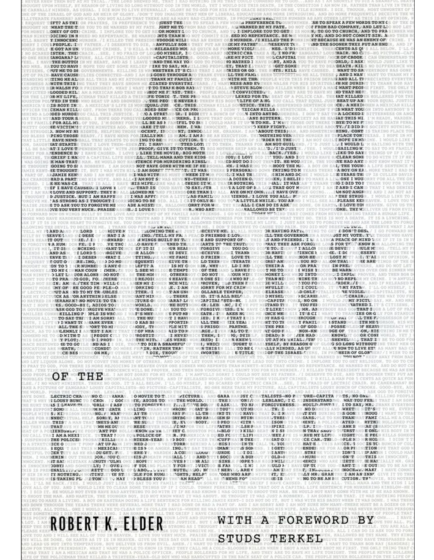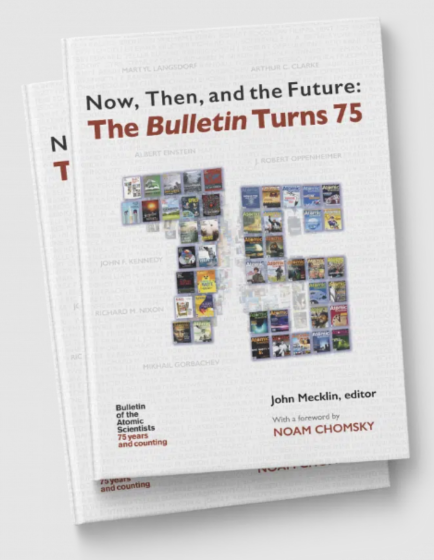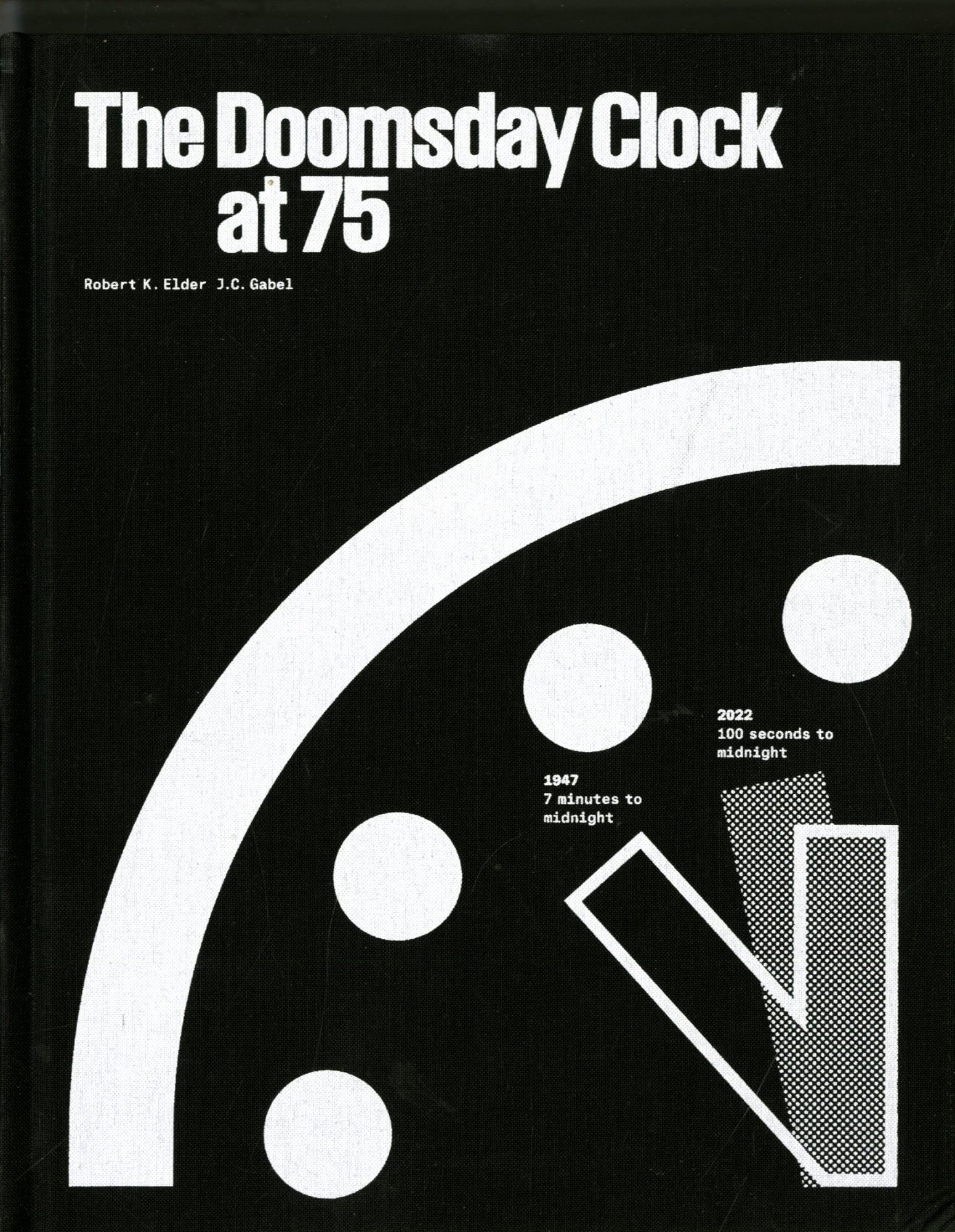Last Words of the Executed
Last Words of the Executed is the history of capital punishment in America, told from the gallows, the chair, and the gurney. Though not a political book, it asks: If these are the most reviled, outcast members of society—why does it remain a cultural value to record what they say?
With a foreword by Pulitzer Prize-winner Studs Terkel.
Praise for the book:
“Robert K. Elder is a journalist in the noblest tradition. . . . What I will remember most about this book is its poetry in the speech of people at the most traumatic moment of their lives.”
—Studs Terkel, from the foreword
***
“This is a dangerous book. Who knows how we will emerge from the encounter? It makes me want to live, to use my energies in soul-sized pursuits like justice, like love…”
—Sister Helen Prejean, author of Dead Man Walking
***
From The New Yorker:
“…A harrowing portrait of our justice system.”
—Book Bench column, August 5, 2010
***
From The New York Review of Books:
“An enthralling book…recommended reading…Most likely, some of the executed were innocent, while others, who were guilty, had complicated and awful lives; one tends to feel sorry for them and wishes to know more about their stories. It’s when it comes to true monsters, and there are plenty of them here, that even someone like me, who opposes capital punishment, begins to wonder if there ought to be an exception now and then. Take the case of Ted Bundy who killed at least thirty women, and of other serial killers. Whatever side in the argument one habitually takes, this book is recommended reading, so that in addition to learning how we put people to death, one can also put to the test the firmness of one’s convictions.”
—Charles Simic
***
From Harper’s Magazine:
“As harrowing as it is to read about slave owners and Nazis, one can be consoled by the thought that they (theoretically, at least) lie safely buried in the past. By contrast, there is something particularly nauseating about knowing that one’s own country stands proudly alongside China, Saudi Arabia, and Myanmar in embracing legal murder. Even though the topic is polemical, Elder’s book is dispassionate: the ‘last words’ are printed above a sober description of the dead person’s purported crimes.”
***
From The Sunday Times of London:
“This is, in short bursts, a fascinating book. But, having read it almost in one go, I must warn you that it is also depressing. The mechanisms of judicial death crush you with the burden of human futility and the long parade of executees struggling to make sense of their last moments darkens your day. So take it easy.”
***
From Seattle’s The Stranger:
“No matter how you feel about the death penalty, you’ll be hypnotized by this book.”
***
From The Chronicle of Higher Education:
“…the book tells a harrowing and bewildering tale of aggression and redemption, pride and humility, strength and weakness. At times it is perversely funny.”
***
From The Minneapolis Star Tribune:
“Words That Haunt: Robert K. Elder’s fascinating yet disturbing collection of final statements…The book at once evokes the sense of pathos and finality surrounding the executions, and yet after a point there’s a rote-ness, a terrifying familiarity to these last moments. The book is at once thick with emotion and desensitizing. Elder himself is relatively poker-faced…”
***
From Chicago Tribune:
“Those with no interest in using the book to make the case against capital punishment (or, for that matter, to justify the death penalty) should still find it worthwhile reading. I hesitate to use the word ‘entertaining’ to describe the text. ‘Compelling’ is more appropriate.”
***
From NewCity:
“If the book is intellectually engaging as a historical document, then it is emotionally immersive as a series of psychological snapshots… it’s hard not to feel a kind of uneasy intimacy with the speakers; we’re privy, after all, to a private moment made public by state ritual.”
***
From Publishers Weekly:
From colonial era public hangings to the last moments before a lethal injection, Northwestern journalism teacher Elder revisits the final words of the condemned, both famous and forgotten. They expressed contrition or angry denial, often accompanied by an argument against capital punishment. Elder calls his book “an oral history of the overlooked, the infamous and the forgotten,” who “speak to a common humanity with their last act on earth.”
Some considered their words carefully: William Robinson, a Quaker executed in 1659 for protesting Massachusetts’s banishment of his co-religionists, said, “I suffer not as an evil doer…. I suffer for Christ, in whom I live and in whom I die.” Others offer bizarre non sequiturs: in 2002, serial killer Aileen Wuornos proclaimed, “I’m sailing with the Rock and I’ll be back like ‘Independence Day’… big mother ship and all.” Elder culled his material from newspaper accounts, prison archives, and religious counselors who transcribed for posterity the final utterances of the roughly 16,000 men and women who’ve been executed in the United States. The late Studs Terkel contributed an eloquent foreword. (May)
***
“The day is coming closer when the death penalty will be seen as an historical relic, out of touch with contemporary society. The young will ask why this practice prevailed for so long. Perhaps it has served as a form of theater—a morality play capped by the unvarnished last words of human beings about to cross into the great unknown. Robert K. Elder has carefully chronicled these acts, surrounding them with the context that brings each of the executed momentarily back to life. Hopefully, these words will impart some wisdom to the next generation.”
—Richard C. Dieter, executive director, Death Penalty Information Center
***
“By compiling the last words of people put to death by the state in America, juxtaposed against details of their crimes and victims, Robert K. Elder has created an extraordinary book. No matter which side of the capital punishment divide you find yourself, LAST WORDS OF THE EXECUTED is a must-read. Because this is not a political book, but a human journey. You may find your beliefs challenged, changed, or reaffirmed, but you will not come away unaffected.”
—Sean Chercover, author of Trigger City and Big City, Bad Blood
***
From Chicago’s Stockyard:
“With Studs Terkel’s recent death, Elder carries on the journalistic approach that the former historian mastered…One of Elder’s most chilling curatorial decisions is to place the factual information after the quotations themselves.”


